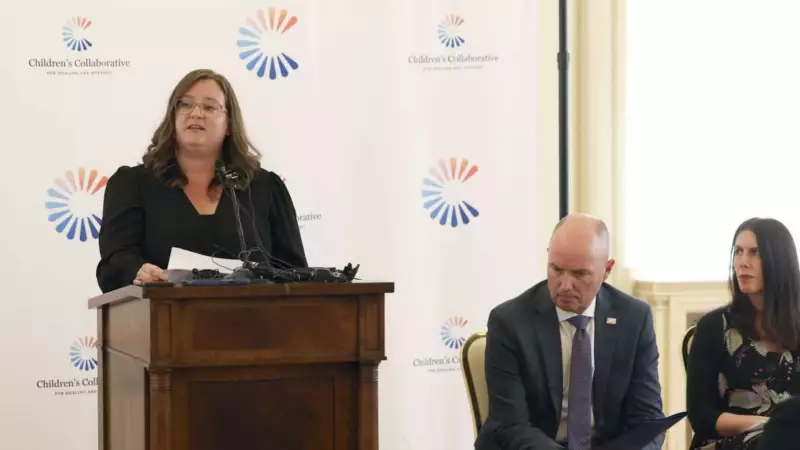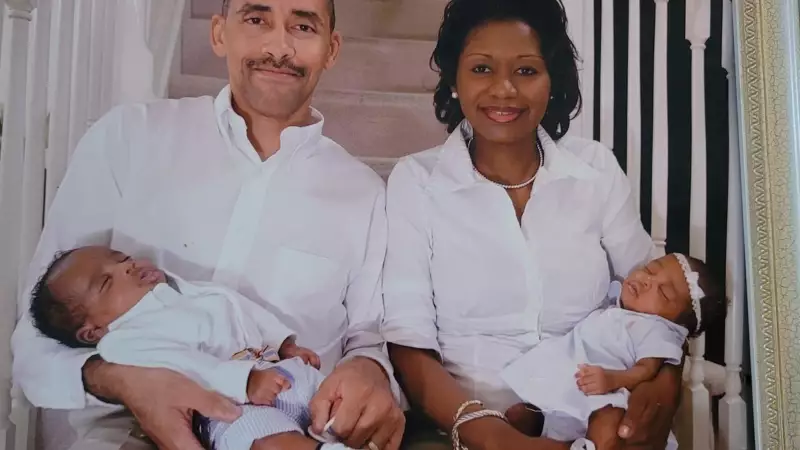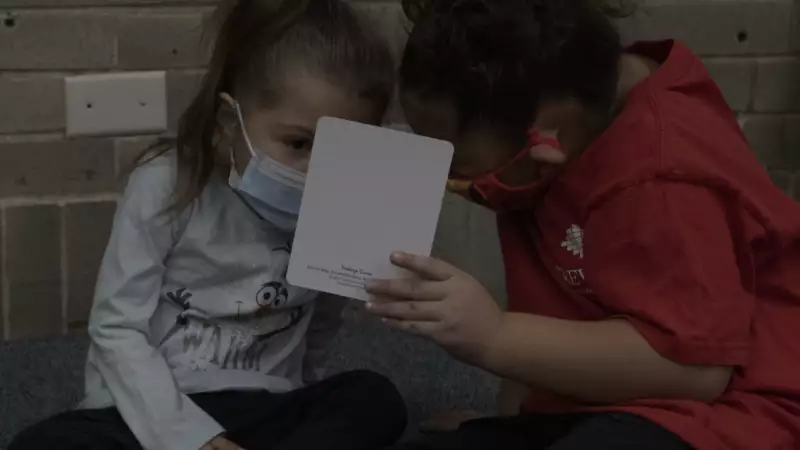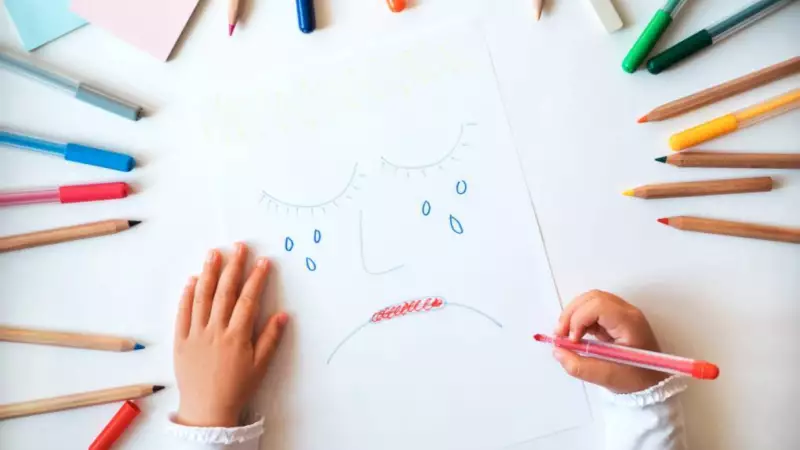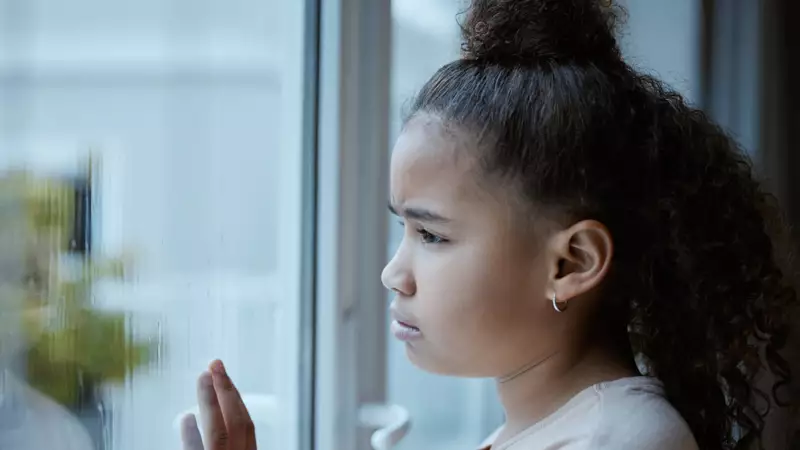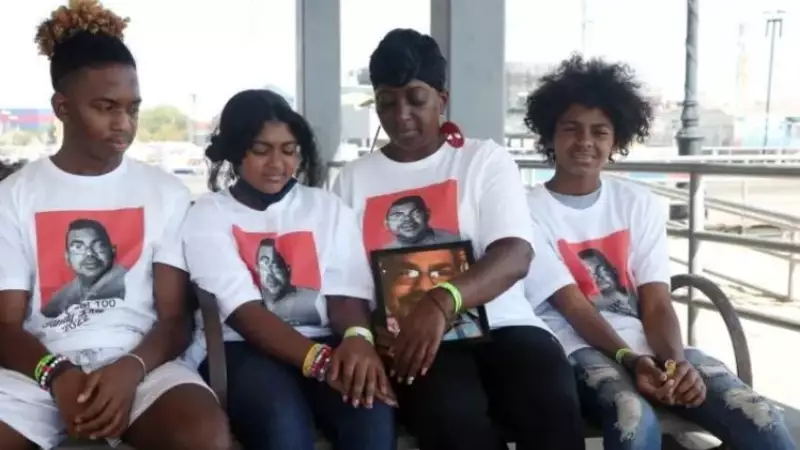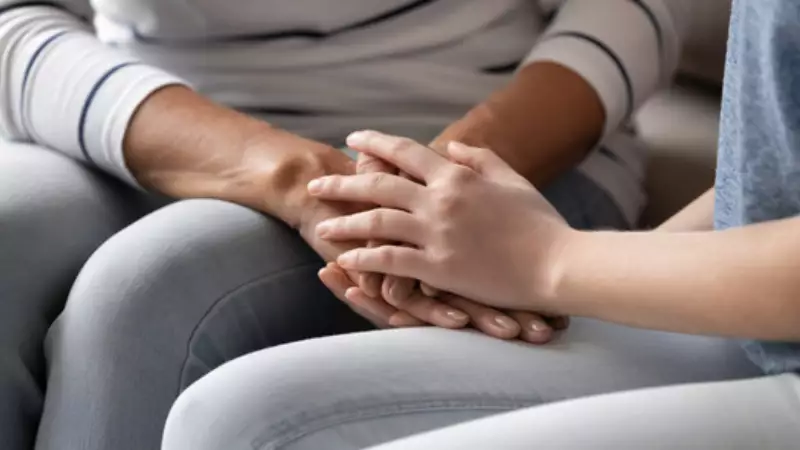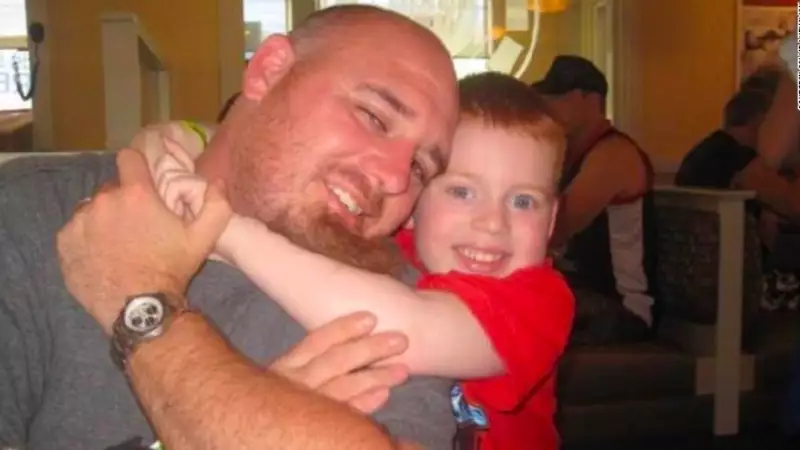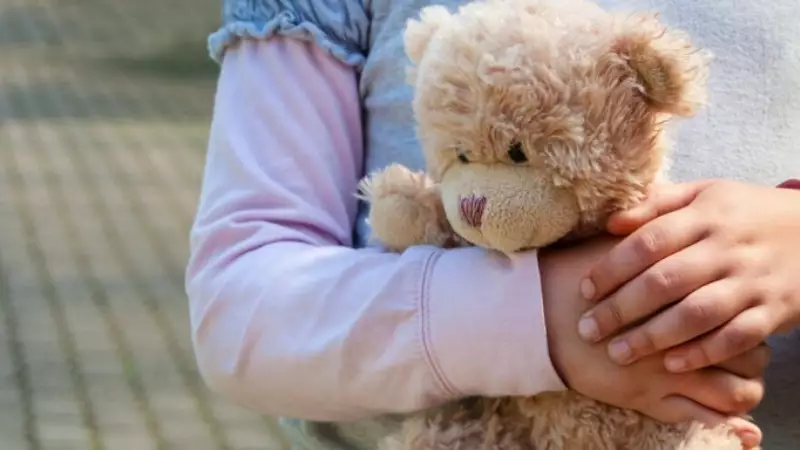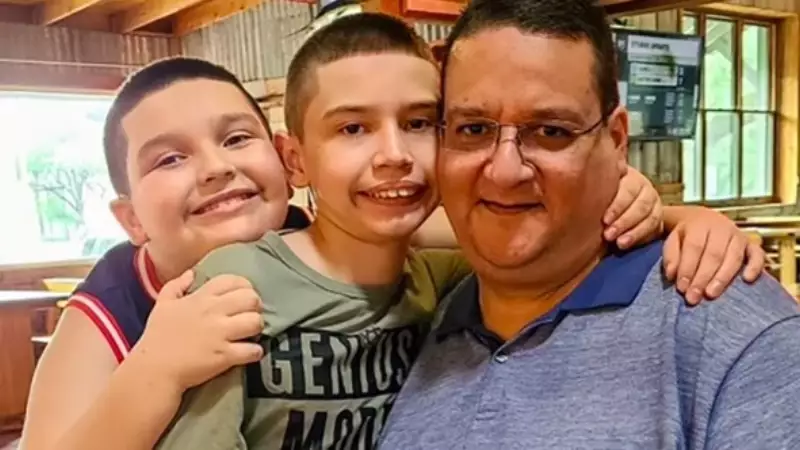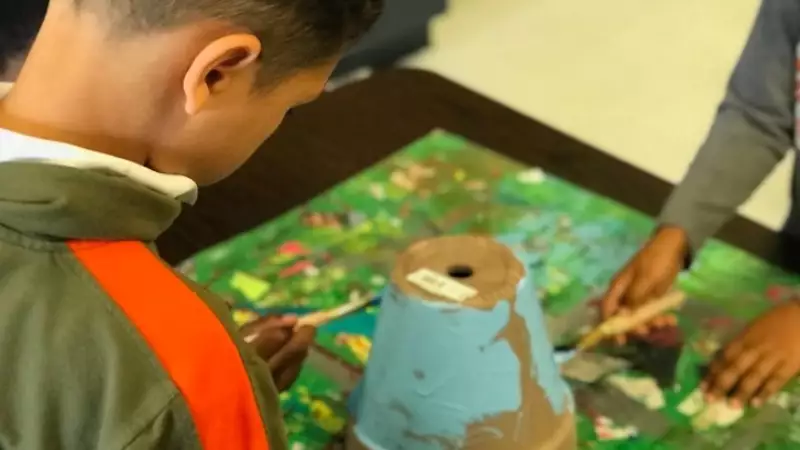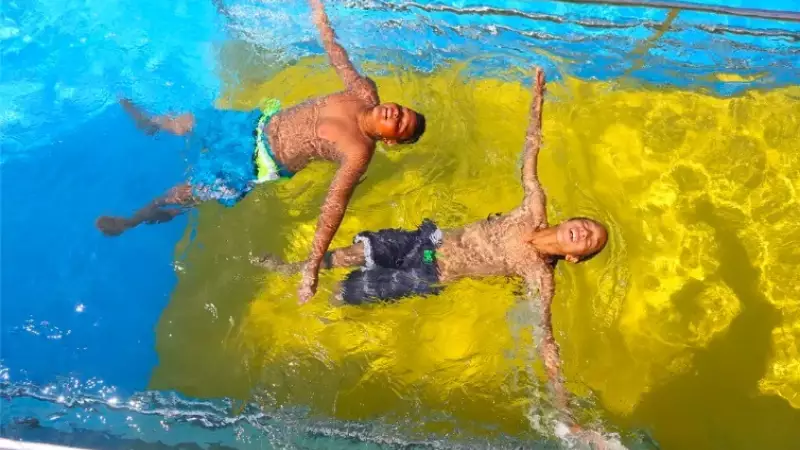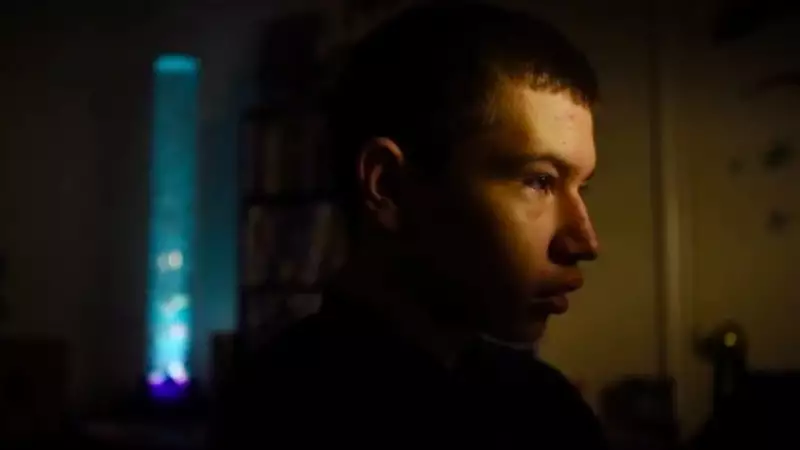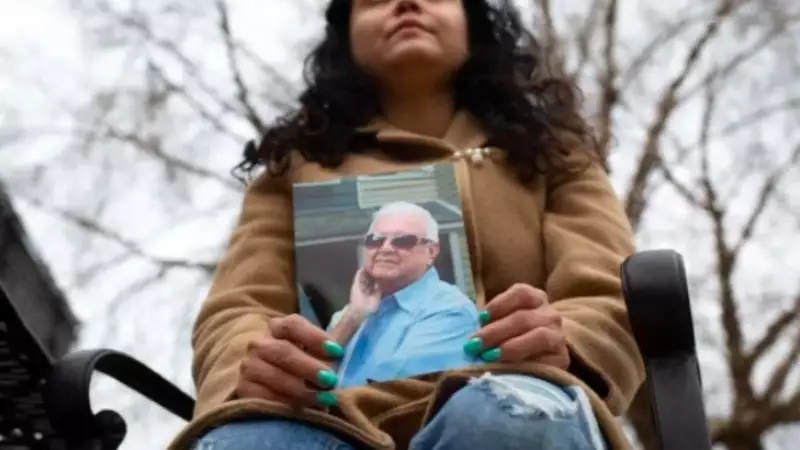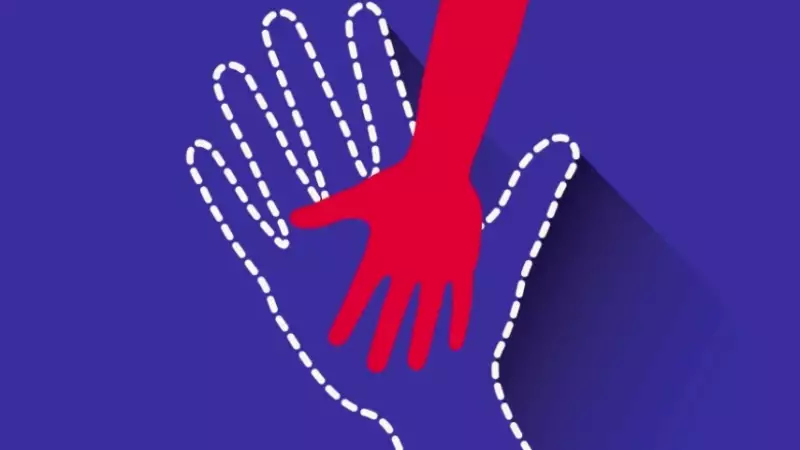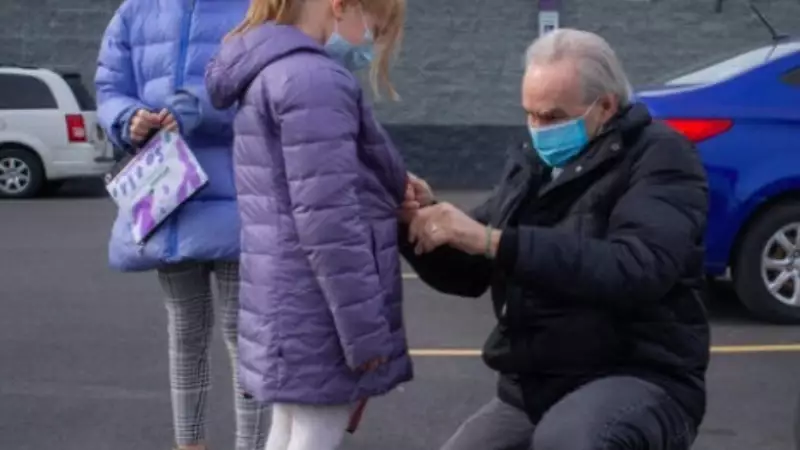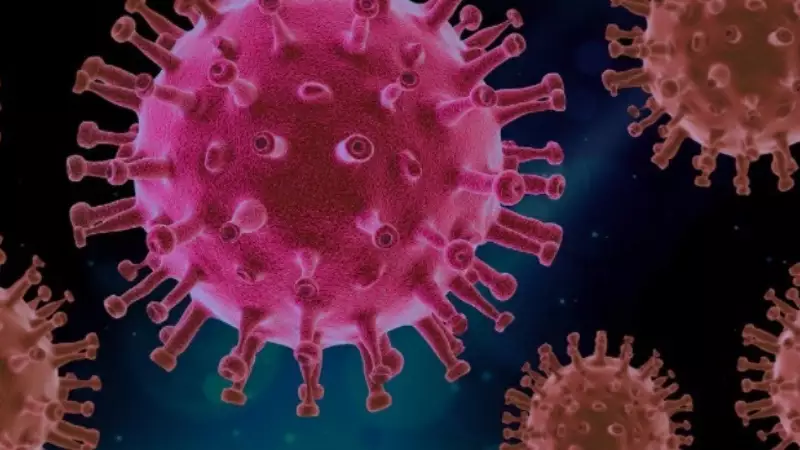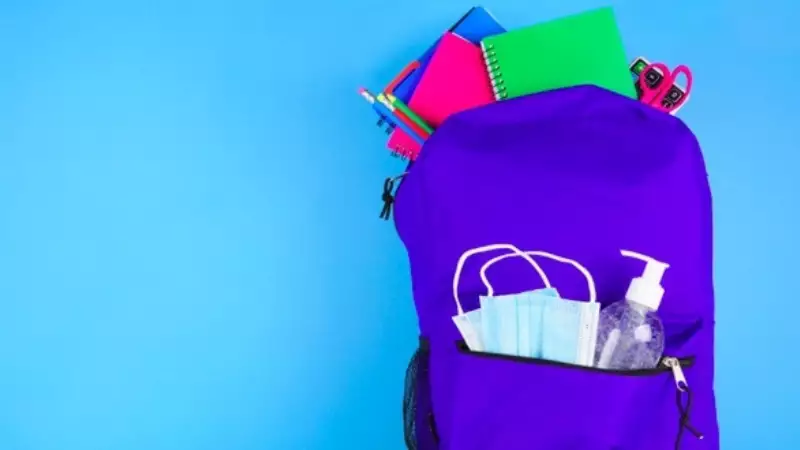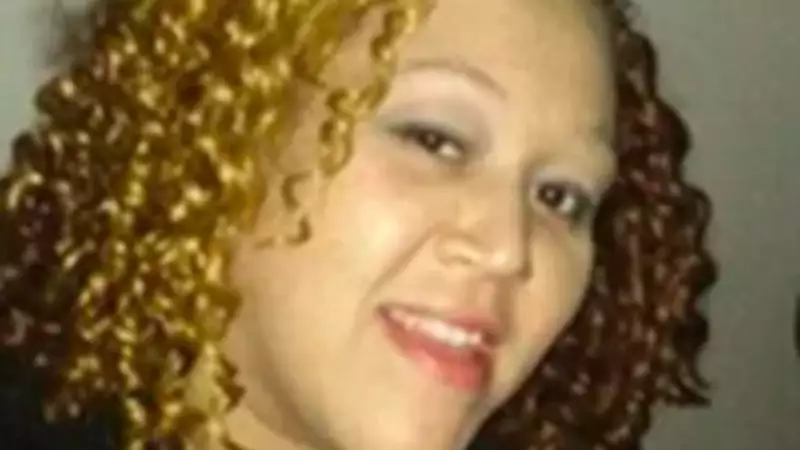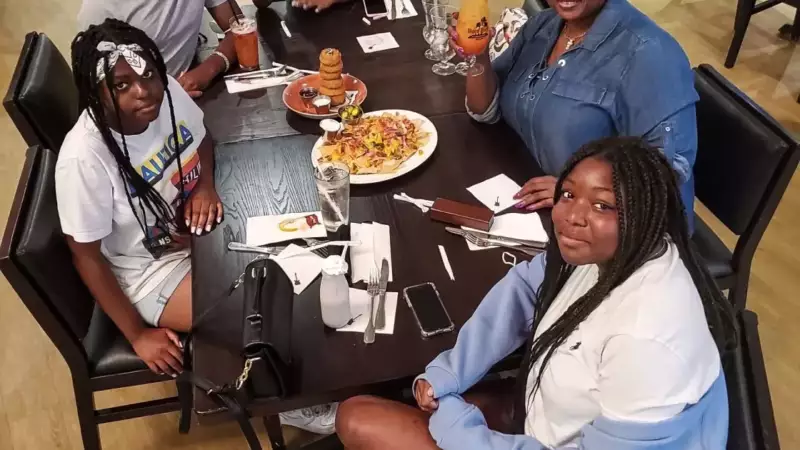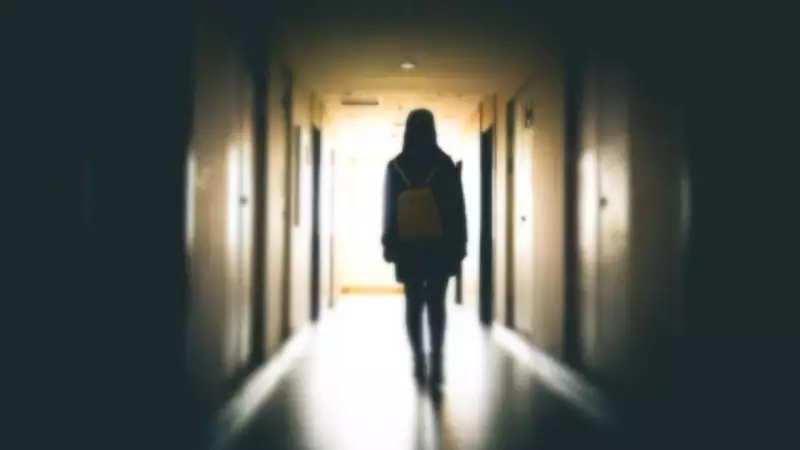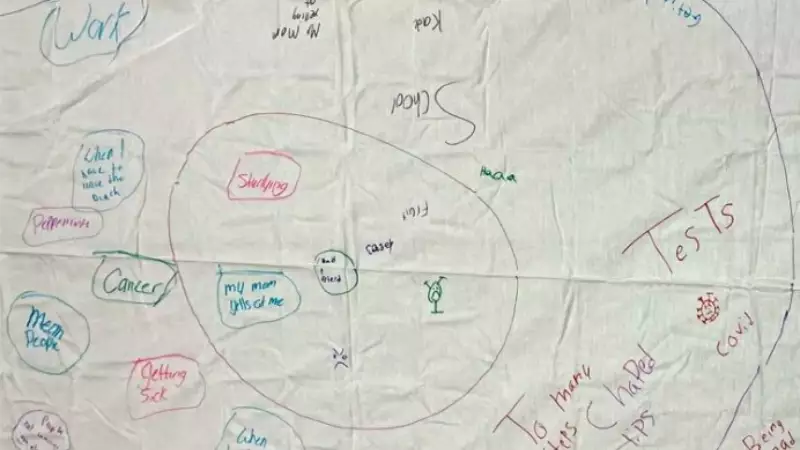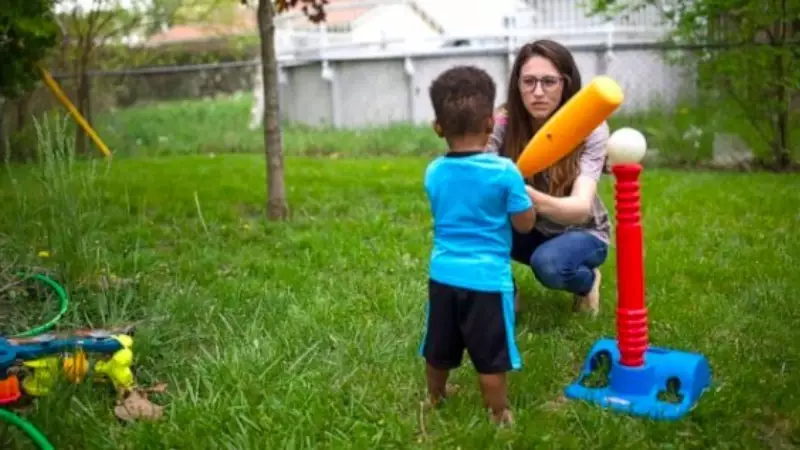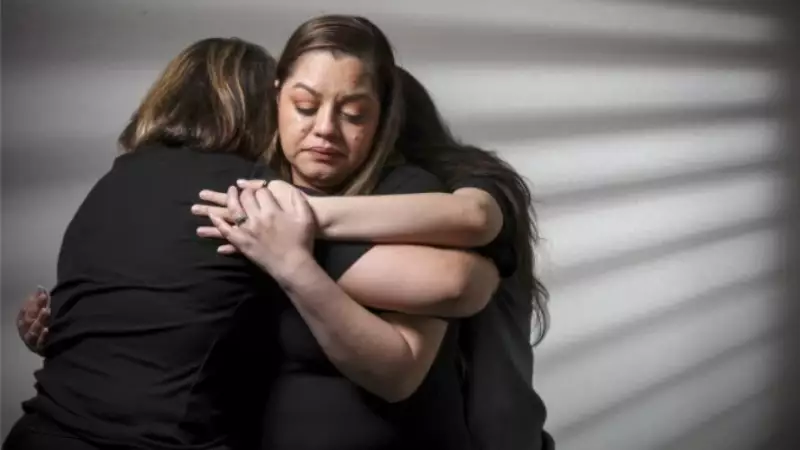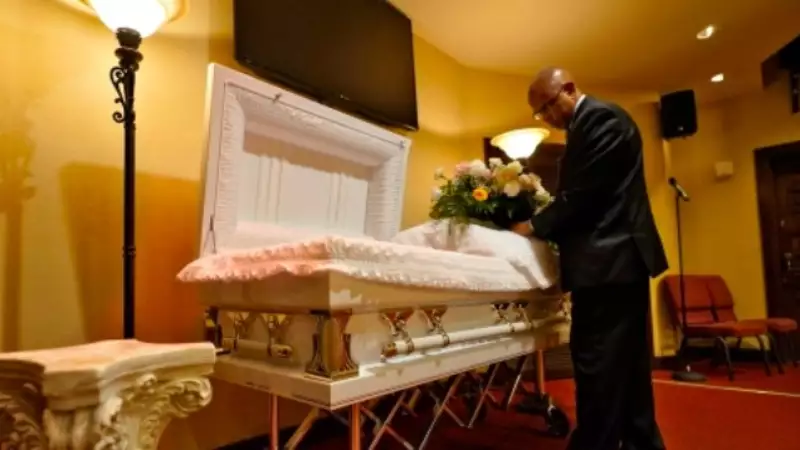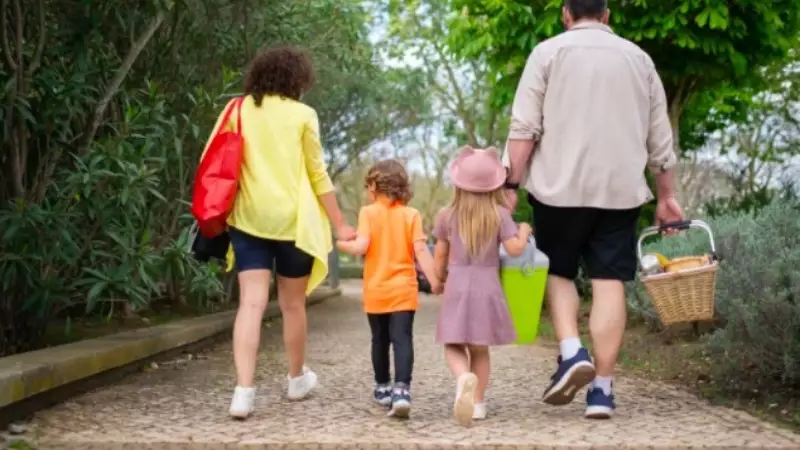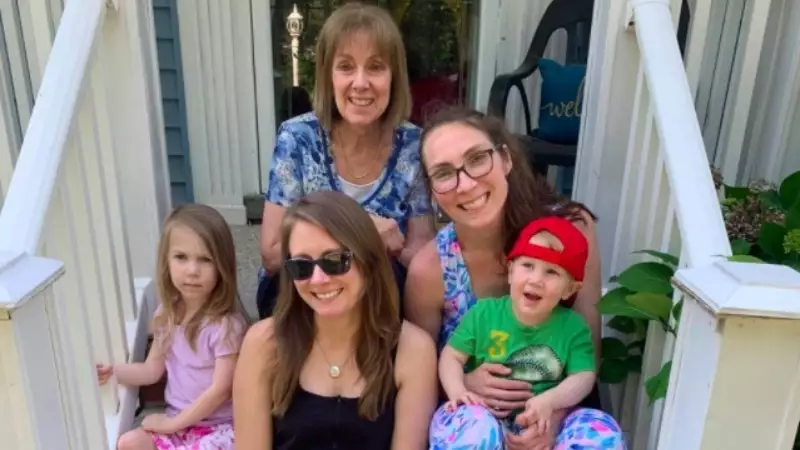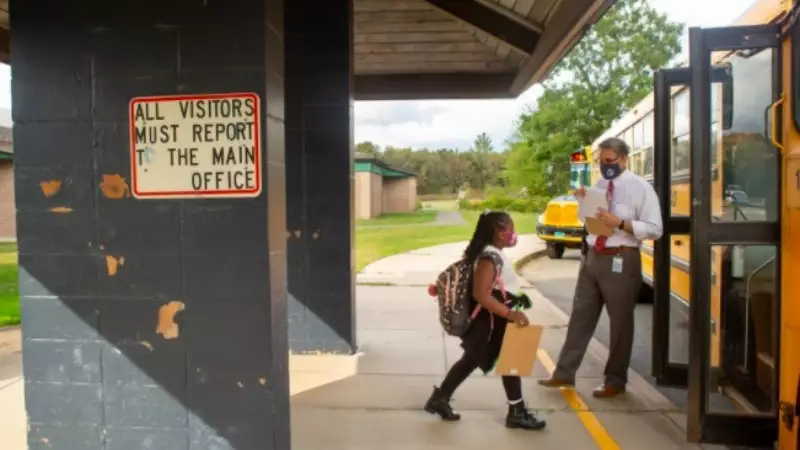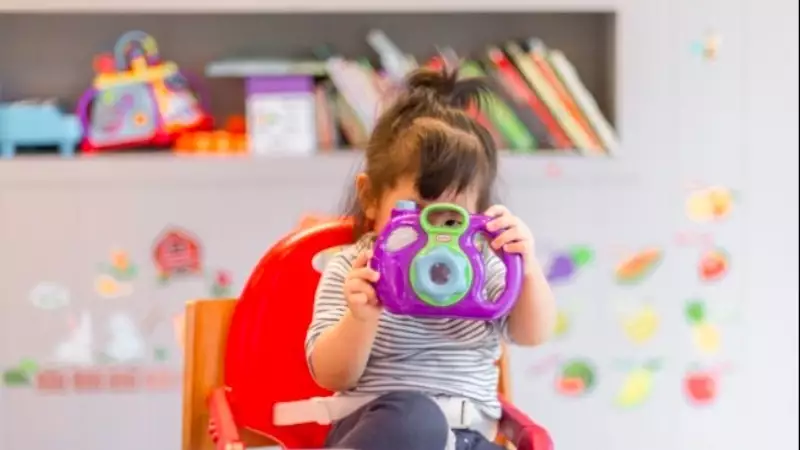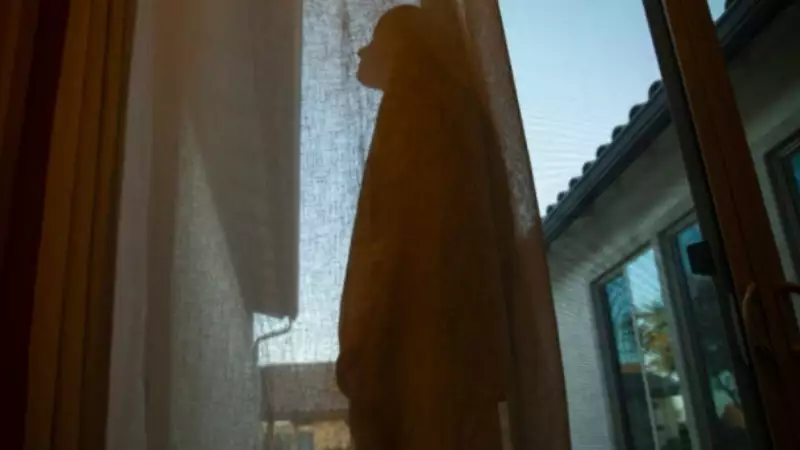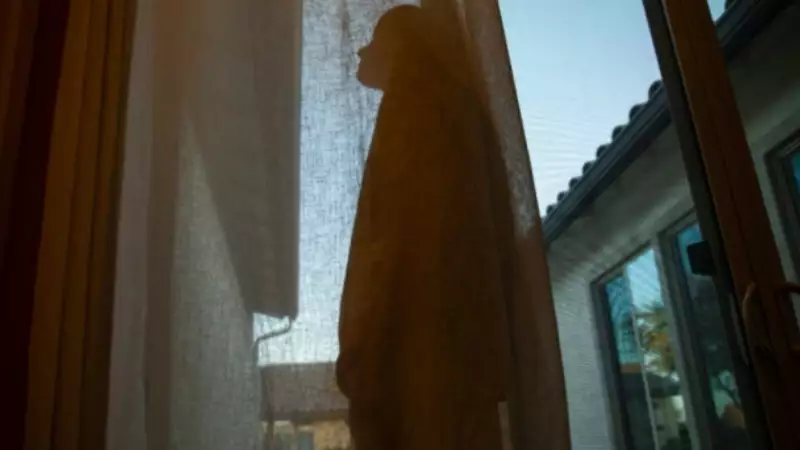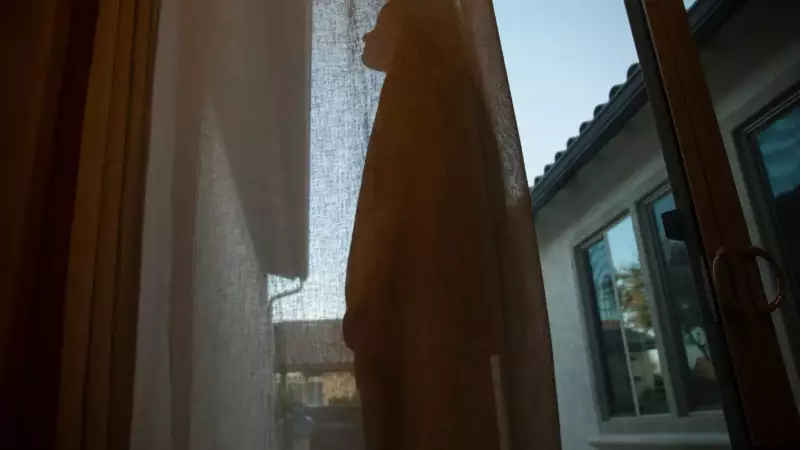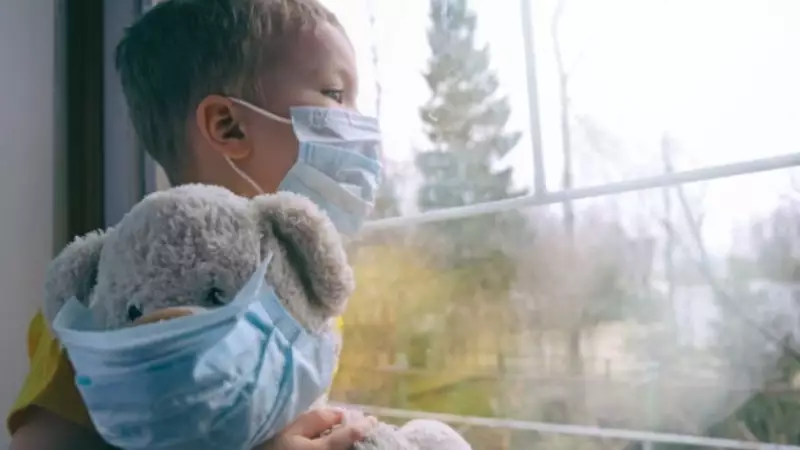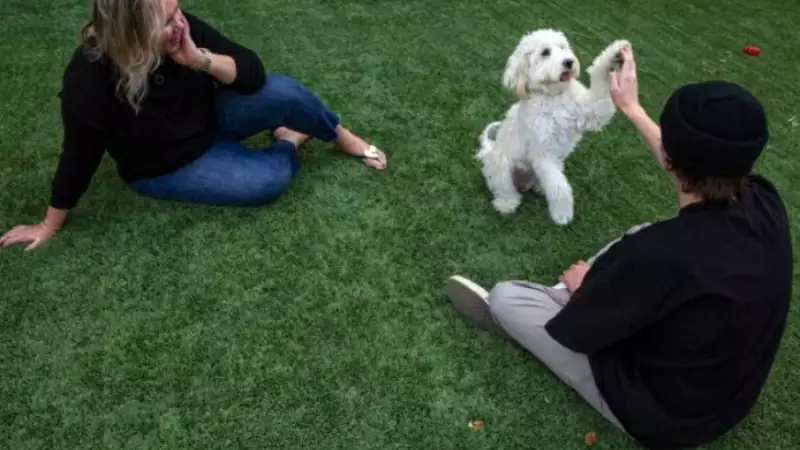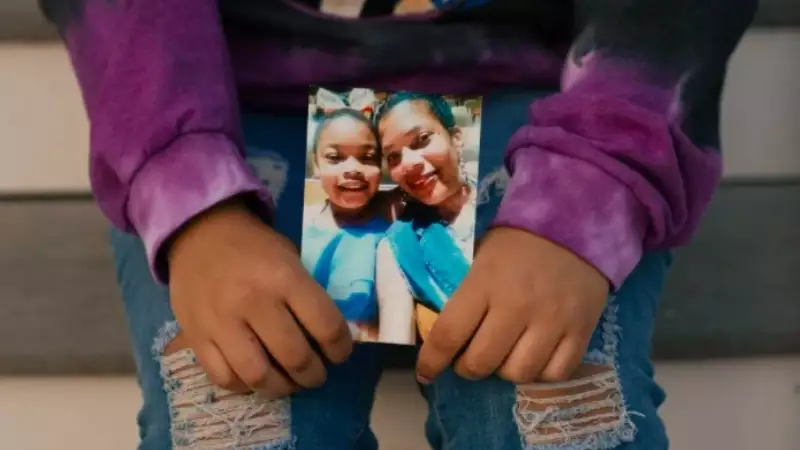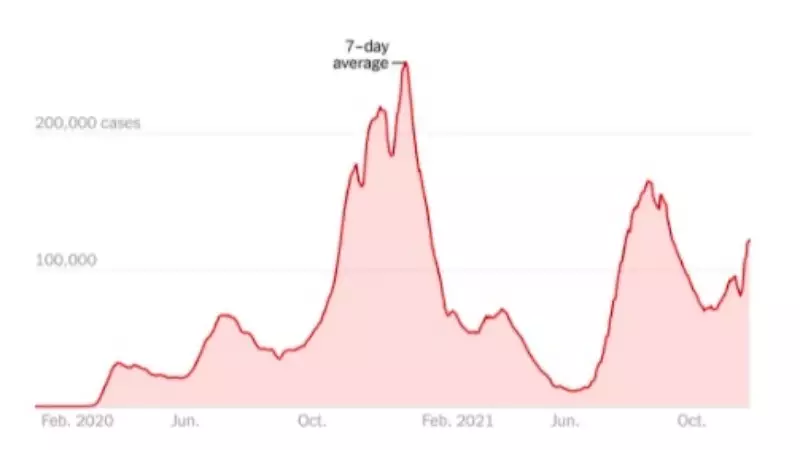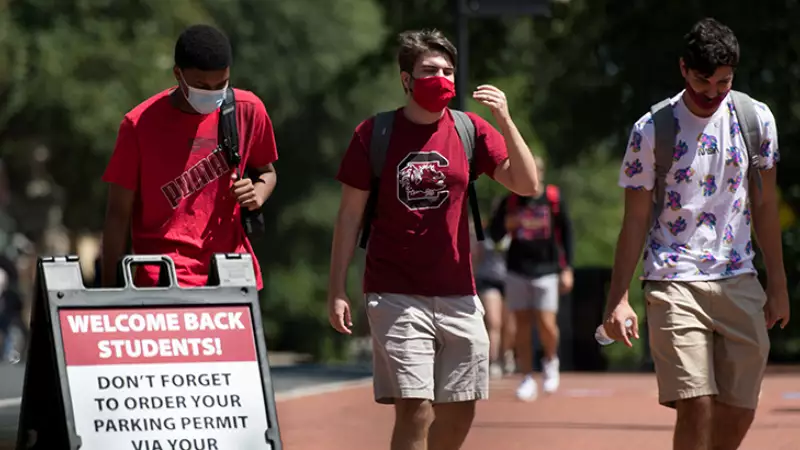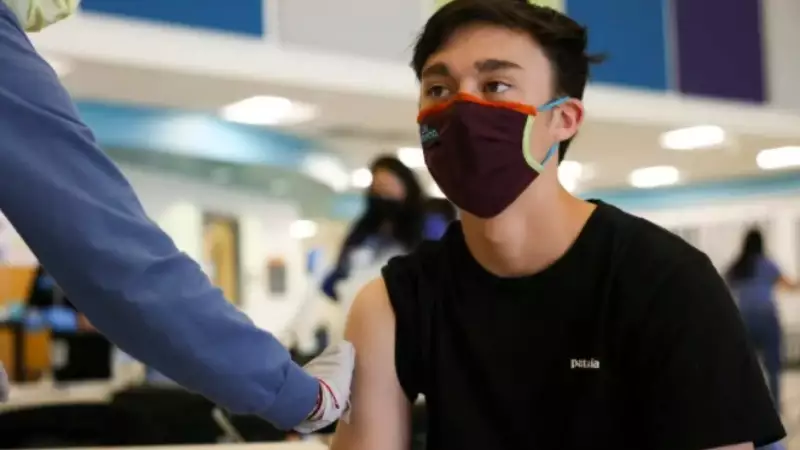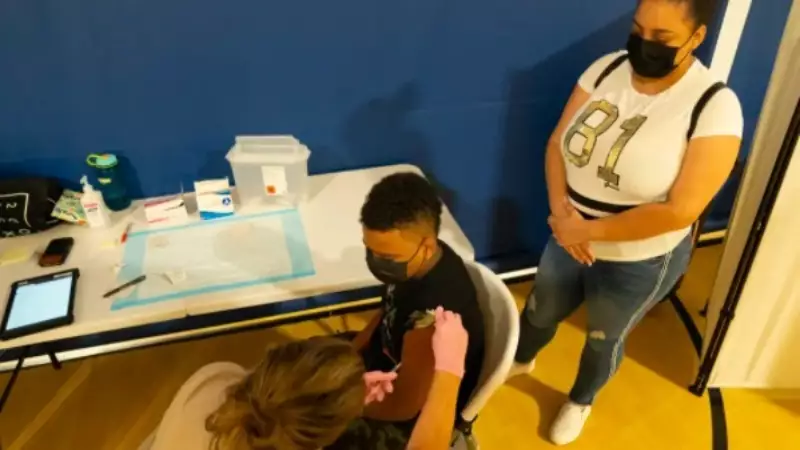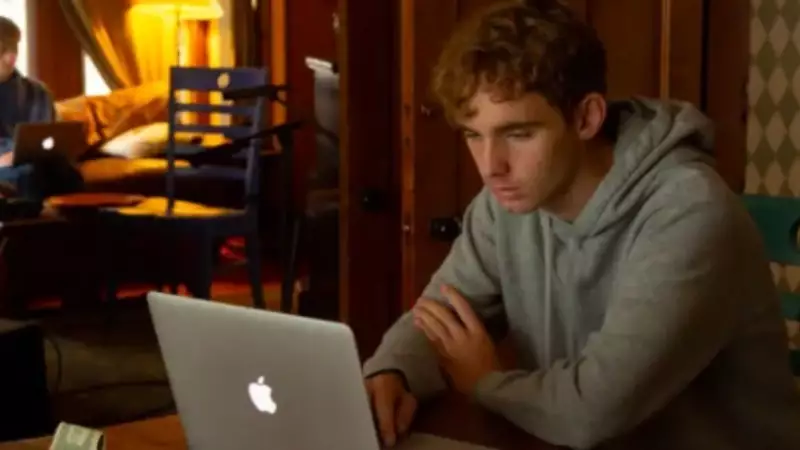Initiatives
Children's Collaborative for Healing and Support
Dec 09, 2021
The COVID-19 pandemic has left hundreds of thousands of children in the United States without parents or other in-home caregivers. COVID Collaborative is working to mobilize government, non-profits, and the private sector to step up and help provide these young people with the supports they need to navigate their grief at this challenging time.
View InitiativeEducation Executive Briefs
Sep 01, 2021
As students return to a third year of disrupted learning, the COVID Collaborative and CRPE, the Walton Family Foundation, and the Allstate Foundation are working together to address unfinished learning and restoring student well-being.
View Initiative#COVIDSafeZones: Sports
Aug 26, 2021
COVID Collaborative and Autonomy 5 Conferences are uniting to encourage team vaccinations, students and college sports communities to slow the spread of COVID. They have published an open letter, calling for #COVIDSafeZones on college game days, endorsed by public health experts and former officials from the past 5 presidential administrations. They have also put out a statement on #COVIDSafeZones and game day safety endorsed by the medical directors of the major college sports leagues.
View Initiative#COVIDSafeZones: Campuses
Aug 17, 2021
COVID Collaborative has mobilized dozens of public health and science experts and former officials from the Biden, Trump, Obama, Bush, and Clinton Administrations to provide leaders of Institutions of Higher Education with clear and actionable measures they can adopt to keep their students, faculty, and communities safe. We invite other IHE leaders to join this effort to beat the pandemic and restore our national vitality and way of life.
View InitiativeInfection Prevention and Control in Schools
Apr 28, 2021
COVID Collaborative, Harvard's Edmond J. Safra Center, Brown School of Public Health, and New America launched a task force to support schools and districts in implementing CDC guidance and getting students and staff safely back for in-person learning.
View InitiativeResources
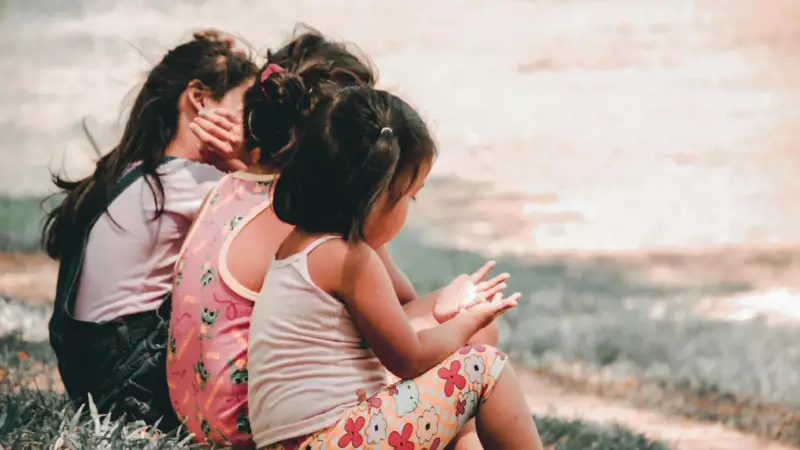
Hidden Pain: The Platform
Mar 07, 2022
COVID Collaborative has built a platform to honor the stories of children that have lost a caregiver to COVID-19, and provide resources to help them and their families as they rebuild and look to the future.
Partners:
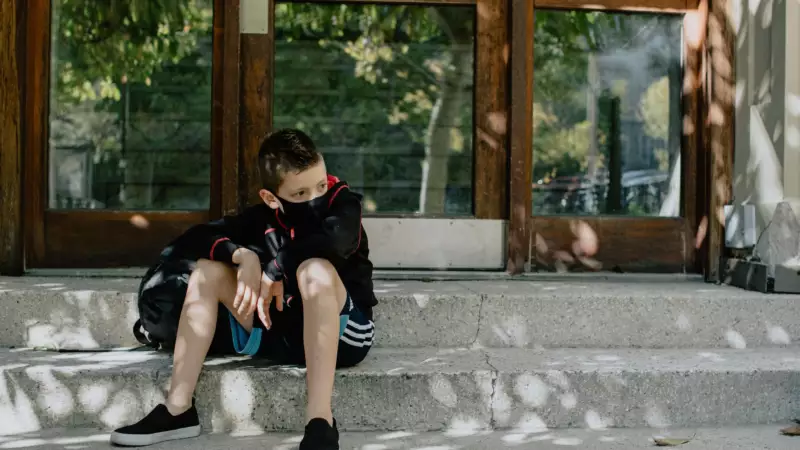
Letter to President Biden Urging Action to Support COVID-Bereaved Children
Jan 26, 2022
In this letter issued by COVID Collaborative, over 80 experts in public health, civil service, education, youth mental health, and more urge President Biden to take action to support the nearly 200,000 children who have lost a parent or in-home caretaker to COVID-19.
Partners:
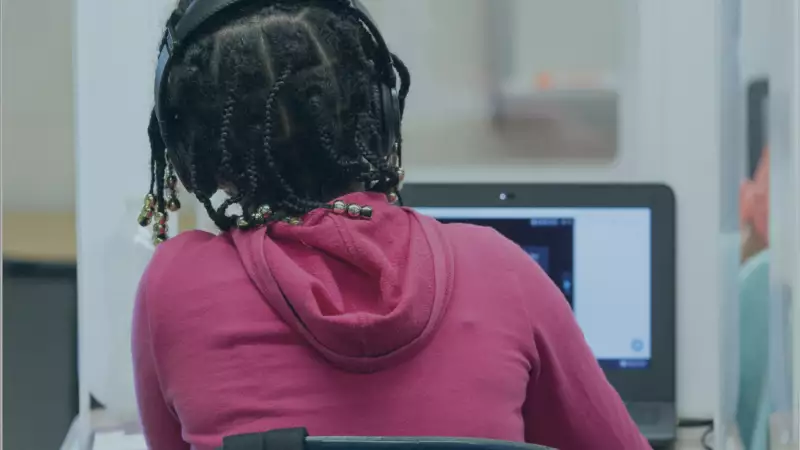
Virtual Learning, Now and Beyond
Jan 13, 2022
The pandemic has revealed both the clear need for high quality online instruction and the dearth of opportunity and evidence to design a path forward to meet that need. This brief provides a guide for education leaders and policymakers building a path forward for virtual learning.
Partners: CRPE, Walton Family Foundation, Allstate Foundation, Bellwether Educational Partners
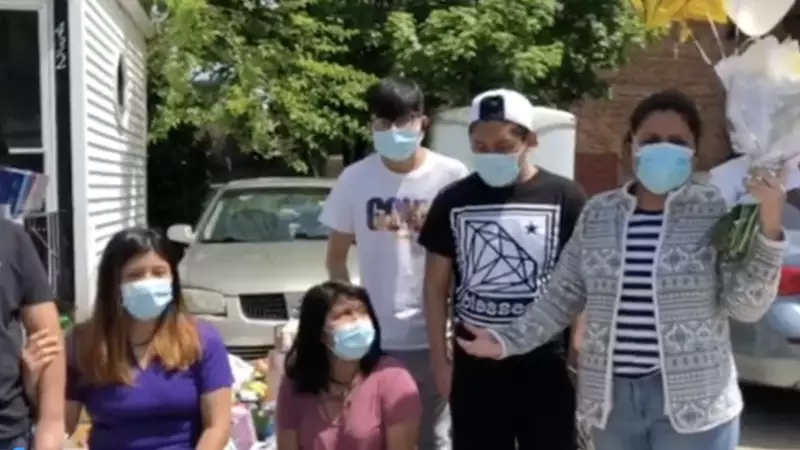
Opinion: COVID-bereaved children need our support
Jan 04, 2022
John Bridgeland describes the hidden pain of children who have lost caregivers to COVID and highlights a path forward to supporting these 167,000 children.
Partners:
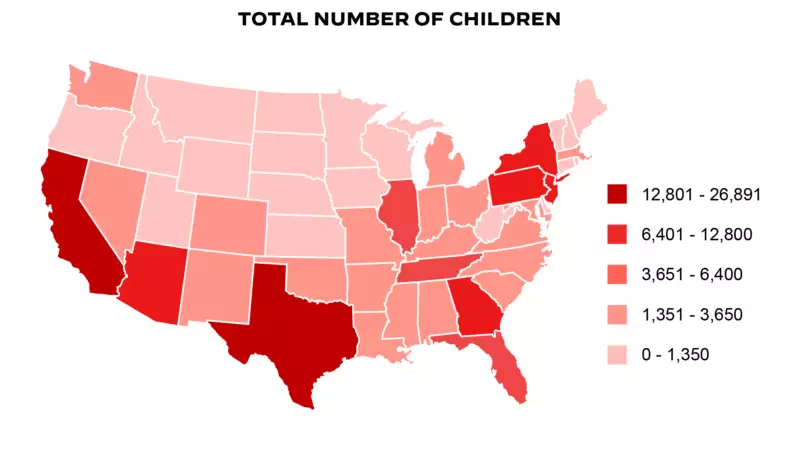
Press Release: COVID Collaborative Report Shows More Than 167,000 Children Lost Parents and Caregivers to COVID-19 and Includes Plan of Action to Help Them
Dec 09, 2021
This press release announces the launch of Hidden Pain, a report estimating that 167,082 children – roughly one of every 450 – in the United States lost a parent or other caregiver in the home to COVID-19, and offering a roadmap to support and provide for these children in their most vulnerable moments.
Partners: Social Policy Analytics
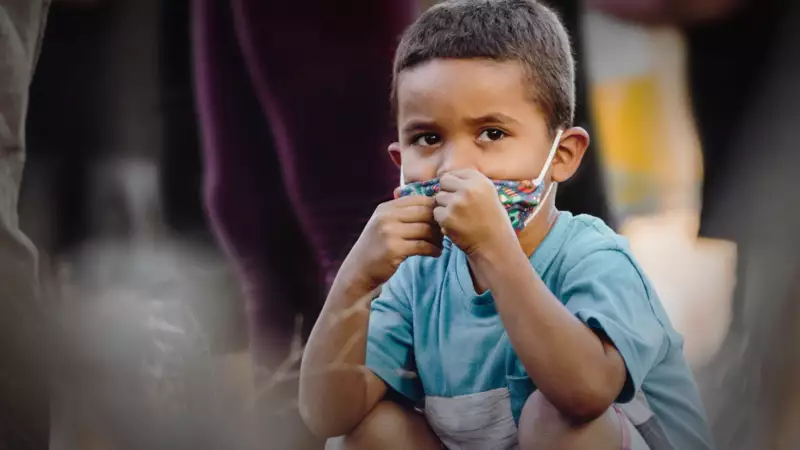
Hidden Pain: Children Who Lost a Parent or Caregiver to COVID-19 and What the Nation Can Do To Help Them
Dec 09, 2021
In a report written with the COVID Collaborative, we estimate the number of children who lost a parent or other caregiver to COVID-19 and provide concrete recommendations for urgent actions to protect these vulnerable children and their remaining caregivers.
Partners: APIAHF, Unidos US, NAACP, Social Policy Analytics, National Congress of American Indians
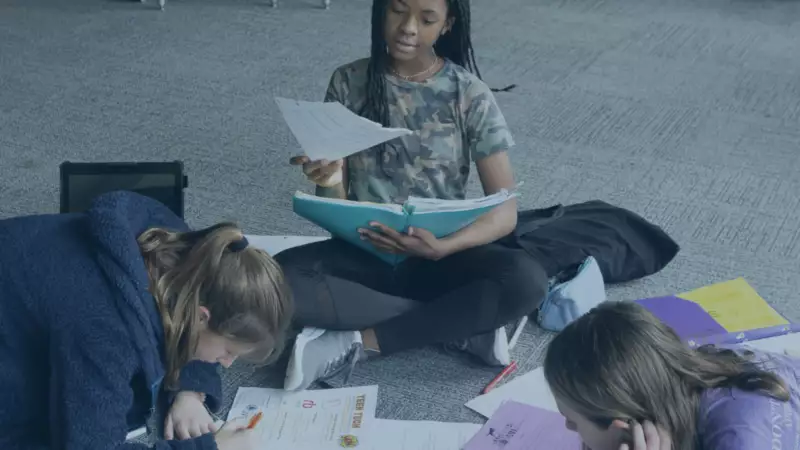
What Schools and Districts Can Do to Make Up for Lost Learning Time
Sep 01, 2021
This report proposes six principles to ensure students experience a positive, healthy, and restorative schooling experience in 2021 after three years of disrupted learning.
Partners: COVID Collaborative, Walton Family Foundation, CPRE, Allstate Foundation
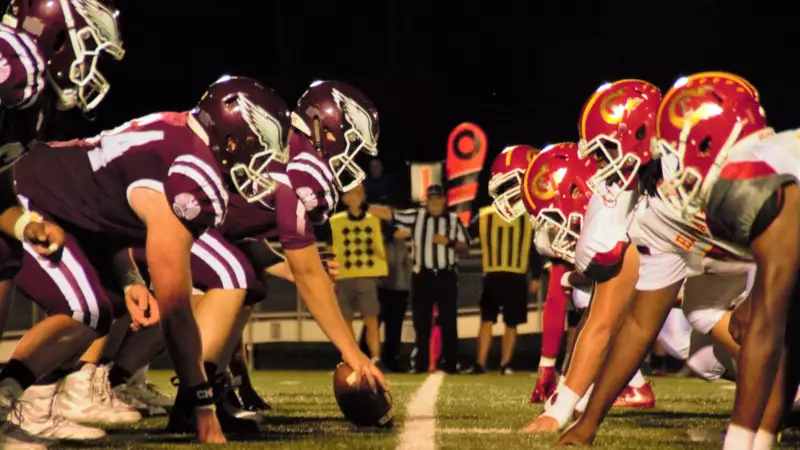
#COVIDSafeZones Letter: Sports
Aug 26, 2021
COVID Collaborative and Autonomy 5 Conferences published a letter calling for #COVIDSafeZones on college game days.
Partners: COVID Collaborative
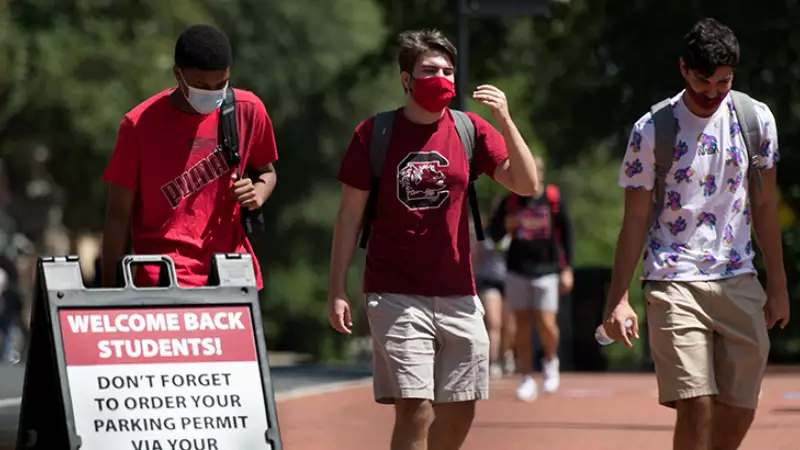
Op Ed: #COVIDSafeZones on Campuses - How Higher Education Leaders Can Accelerate America’s Vaccination Push — and Keep Their Campuses Open
Aug 18, 2021
In this piece, John Bridgeland, Mark McClellan, and Andy Slavitt call on higher education leaders to adopt #COVIDSafeZones practices to keep their campuses open.
Partners: COVID Collaborative, Duke Margolis Center for Health Policy

#COVIDSafeZones Letter: College Campuses
Aug 17, 2021
This open letter encourages colleges and universities to adopt #COVIDSafeZones practices for the the 2021-2022 school year.
Partners: American College Health Association, COVID Collaborative

Press Release: #COVIDSafeZones - Campuses
Aug 17, 2021
This release announces the launch of the #COVIDSafeZones initiative for institutions of higher education.
Partners: American College Health Association, COVID Collaborative
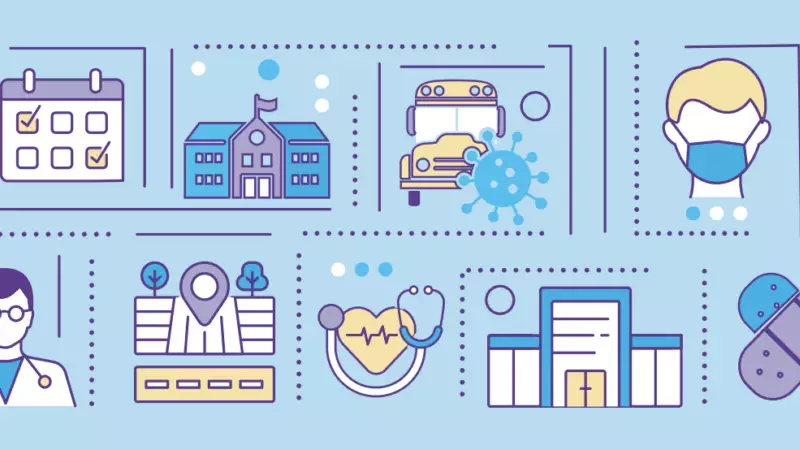
Innovative Strategies for Leveraging Schools As COVID-19 Vaccination Sites
Aug 01, 2021
This brief, produced by COVID Collaborative, the Duke Margolis Center, the Council of the Great City Schools, and other partners, lays out best practices for school-located vaccination (SLV), an important tool for reopening schools safely and protecting students and their families against outbreaks of COVID-19.
Partners: COVID Collaborative, Duke Margolis Center for Health Policy, Council of the Great City Schools, AASA, Rural Schools Collaborative, National Rural Education Association
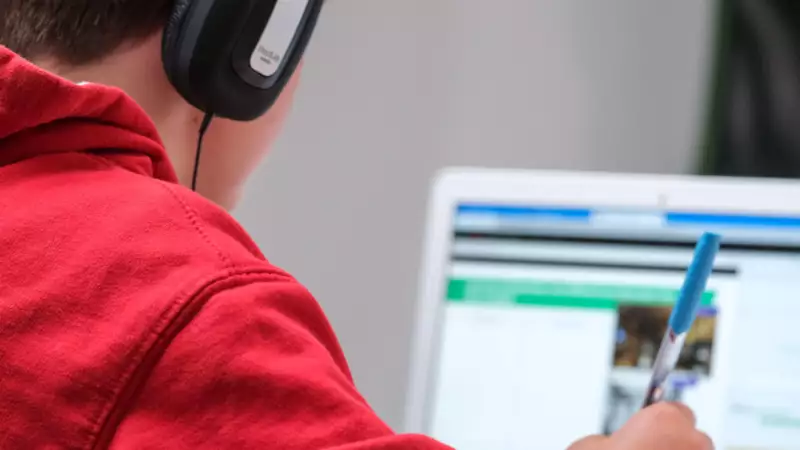
A Roadmap to Kick-Start Recovery in 2021: Six Principles for Summer Learning and Beyond
Jul 09, 2021
This paper, produced by COVID Collaborative and the Center on Reinventing Public Education with the support of the Allstate Foundation and the Walton Family Foundation, presents school districts with six principles of summer learning that can guide pandemic recovery and planning for the summer, fall, and beyond.
Partners: COVID Collaborative, CRPE
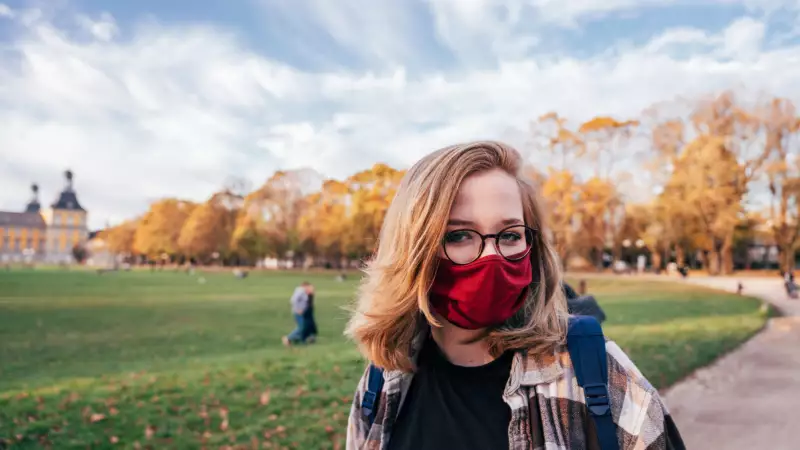
Key Insights in Health and Safety for Higher Education
Jul 01, 2021
This COVID Collaborative and American College Health Association white paper summarizes the most effective and innovative actions taken by institutions of higher learning in response to the COVID-19 pandemic and offers insights and recommendations to guide institutions and policymakers as campuses reopen in Fall 2021.
Partners: American College Health Association, COVID Collaborative
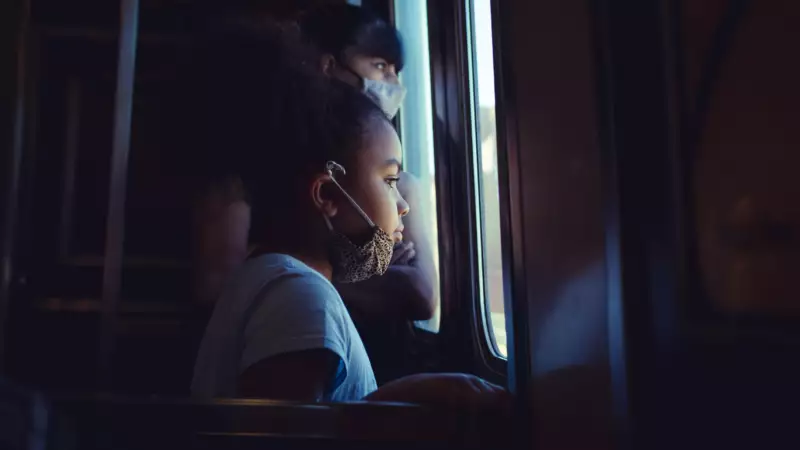
Reunite, Renew, and Thrive: Social and Emotional Learning (SEL) Roadmap for Reopening School
Jul 01, 2021
More than 40 organizations came together to produce this roadmap to support the return to school with quality-focused SEL strategies centered on relationships and built on the existing strengths of a school community.
Partners: COVID Collaborative, CASEL
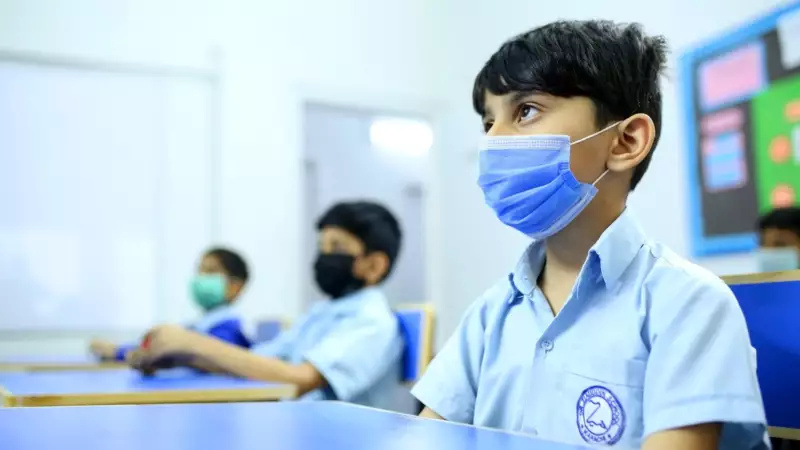
Parents' Views on Having Children Vaccinated Against COVID-19
May 17, 2021
COVID Collaborative, Ad Council and the Council of the Great City Schools released a national poll announcing that six in 10 parents plan to vaccinate all of their children and majority of parents would feel safer sending kids to school if most other children were vaccinated.
Partners: COVID Collaborative, Hart Research Associates

Press Release: Infection Prevention and Control in Schools Initiative
Apr 28, 2021
This press released announced the work of the Infection Prevention and Control in Schools initiative, convened by COVID Collaborative, Harvard's Edmond J. Safra Center for Ethics, Brown School of Public Health, and New America to bring together diverse players across health and education to publish resources supporting schools and districts in implementing CDC guidance and getting back to in-person learning.
Partners: COVID Collaborative, Edmond J. Safra Center for Ethics, Brown School of Public Health, New America
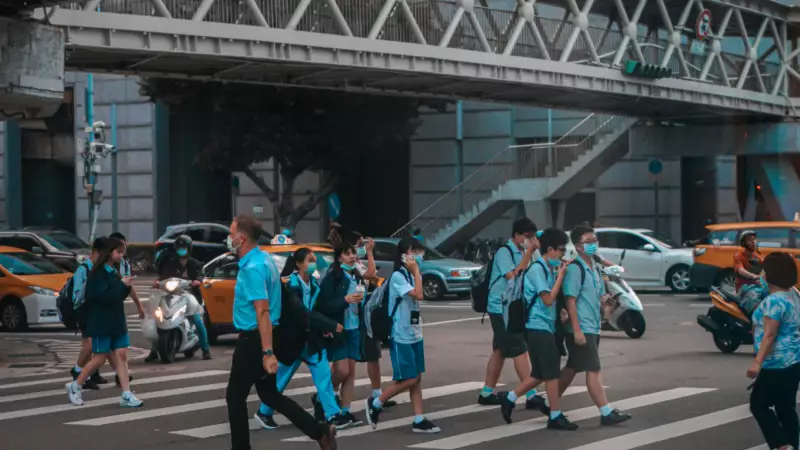
Use of Funds Advisory Memo
Apr 27, 2021
The Use of Funds Advisory Memo outlines ways in which states can support LEAs in making strategic use of authorized funds in helping to ensure that schools are equipped to keep their students and staff healthy and safe.
Partners: COVID Collaborative, Edmond J. Safra Center for Ethics, Brown School of Public Health, New America
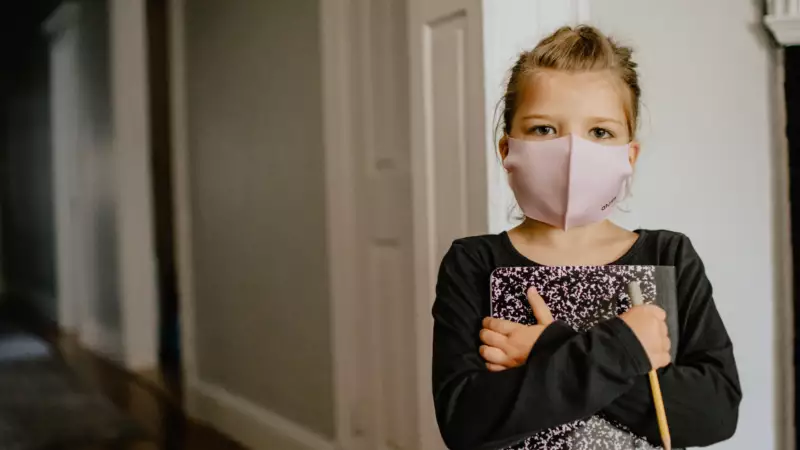
Scientific Consensus Statement
Apr 27, 2021
This consensus statement, issued by a group of leading scientists from the Infection Prevention and Control in Schools Task Force, builds on the CDC guidance and provides evidence to reinforce the effectiveness of layered infection prevention and control measures inside schools.
Partners: COVID Collaborative, Edmond J. Safra Center for Ethics, Brown School of Public Health, New America
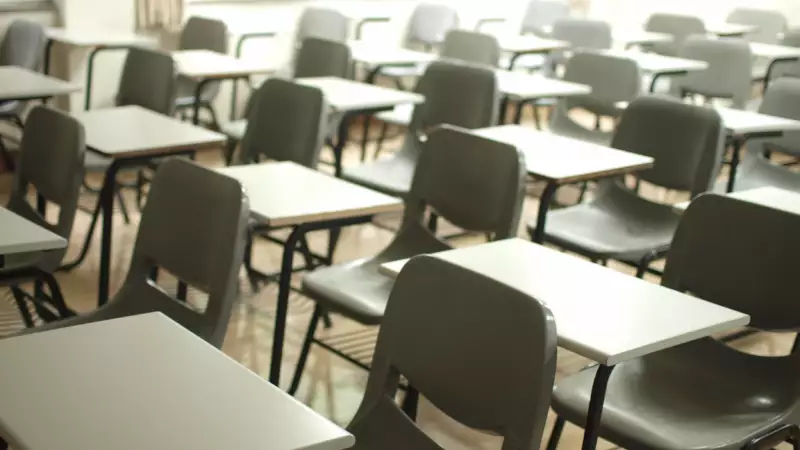
Sample Language for an RFP Executive Summary
Apr 27, 2021
This sample language for an RFP Executive Summary, produced by members of the Infection Prevention and Control Task Force, provides a template for use by districts in seeking bidders for professional services to assess, plan, and implement improvements to educational facilities.
Partners: COVID Collaborative, Edmond J. Safra Center for Ethics, Brown School of Public Health, New America
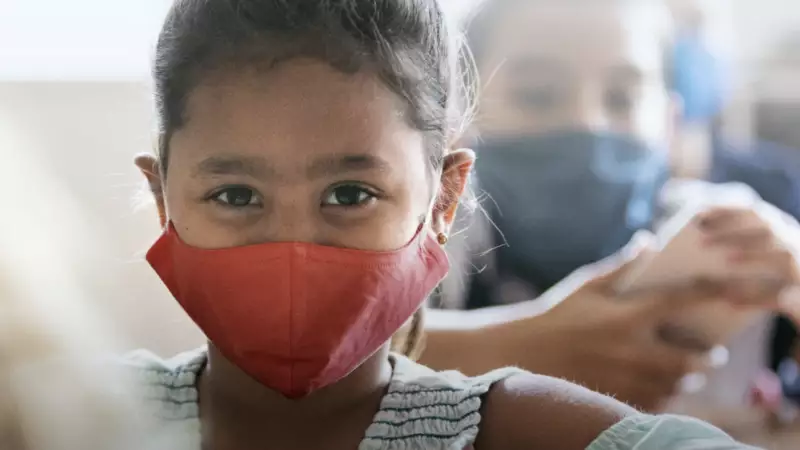
Roadmap to Healthy Schools
Apr 27, 2021
The Roadmap to Healthy Schools, produced by the Infection Prevention and Control Task Force, is a practical guide to infection prevention and control at the school level. It includes useful case studies of promising practices from schools and districts that have had success with resuming in-person instruction, as well as tools and recommendations that can be used to replicate some of those practices in each unique context.
Partners: COVID Collaborative, Edmond J. Safra Center for Ethics, Brown School of Public Health, New America
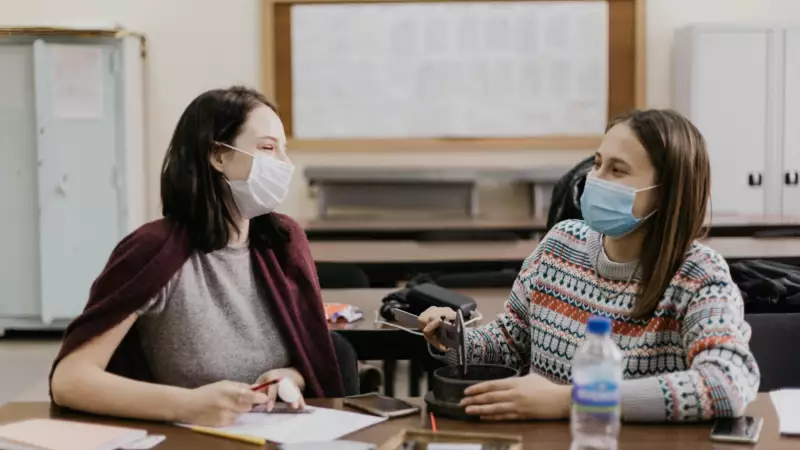
Framework for Action: Building a Corps for Student Success
Mar 09, 2021
This plan, developed by the Everyone Graduates Center at Johns Hopkins, City Year, and COVID Collaborative lays out a framework for providing critical supports to enable a generation of young people to succeed, despite the pandemic.
Partners: COVID Collaborative, Everyone Graduates Center, City Year
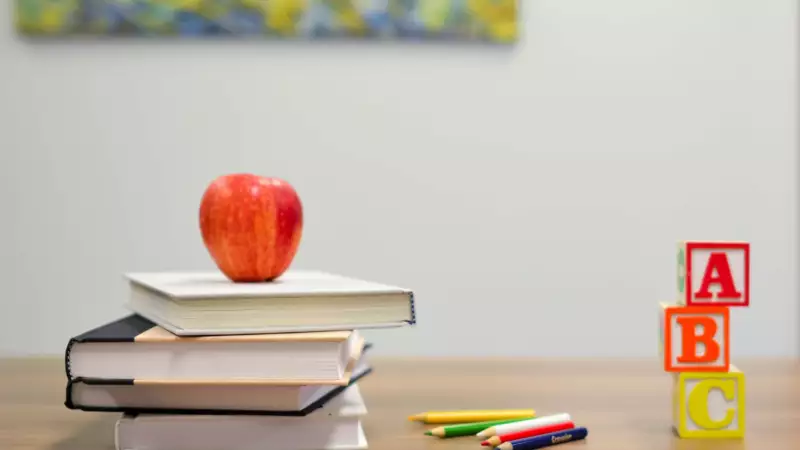
Is it Safe to Reopen Schools?
Mar 01, 2021
This resource, produced by Chiefs for Change and the CSSOO, provides local educational agencies with a guide to design and manage school models during the pandemic.
Partners: COVID Collaborative, The Evidence Project, Opportunity Labs, CRPE, United States of CARE, American Enterprise Institute, Walton Family Foundation
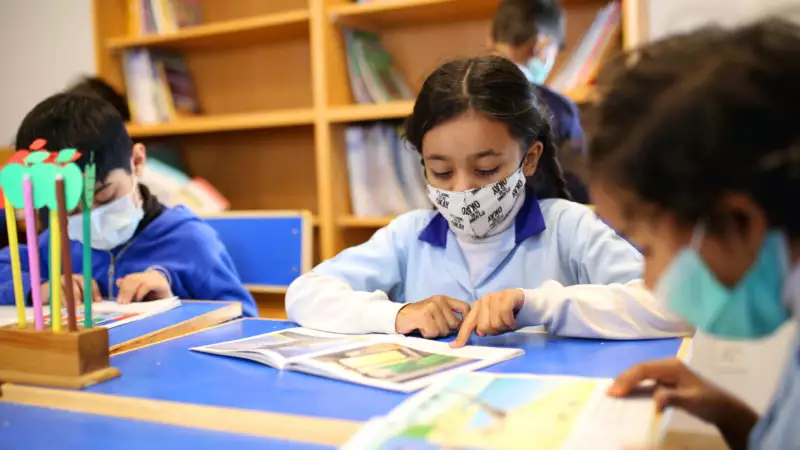
School Testing Programs
Feb 15, 2021
These materials, developed by Chiefs for Change with the support of the Rockefeller Foundation, can help districts design and implement a testing program inside schools.
Partners: American College Health Association, COVID Collaborative, Hart Research Associates
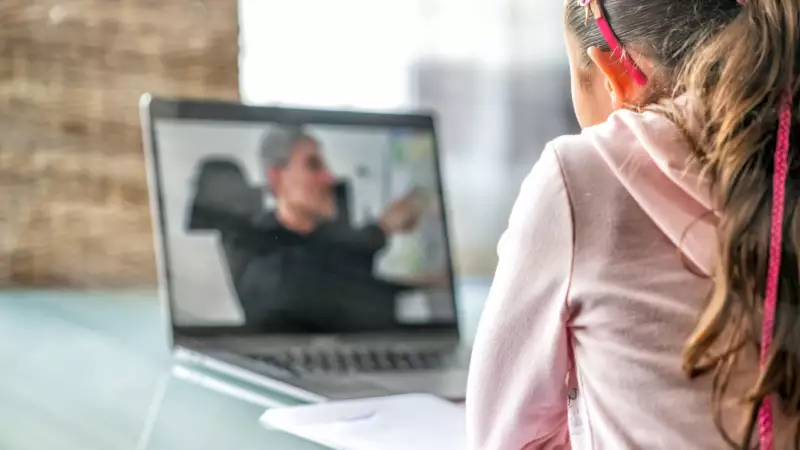
Ten Ways To Make Online Learning Work
Nov 23, 2020
This paper draws on the latest evidence, practices, and innovations to help educators, administrators, and policymakers improve online learning and avoid learning loss. It was authored by the former Directors of Educational Technology at the U.S. Department of Education, with a foreword written by five former U.S. Secretaries of Education, all members of the COVID Collaborative.
Partners: COVID Collaborative, National Governors Association, Council of the Great City Schools, Council of Chief State School Officers, American Enterprise Institute
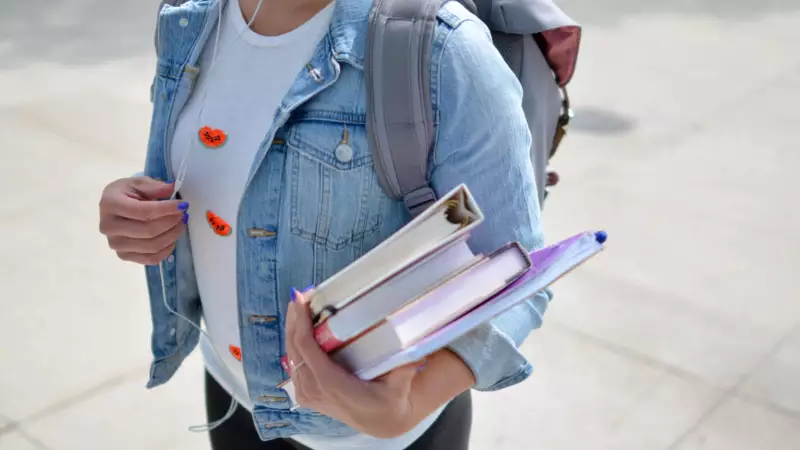
Meeting the Moment Plan to Sustain Gains in High School Graduation Rates
Nov 01, 2020
The Meeting the Moment plan outlines an effort by COVID Collaborative members CIVIC, Johns Hopkins Everyone Graduates Center, and others to help provide the school-based reforms and student supports necessary to keep students on track to graduate in places with the highest dropout risk.
Partners: COVID Collaborative, GradNation, Everyone Graduates Center, CIVIC, Alliance for Excellent Education
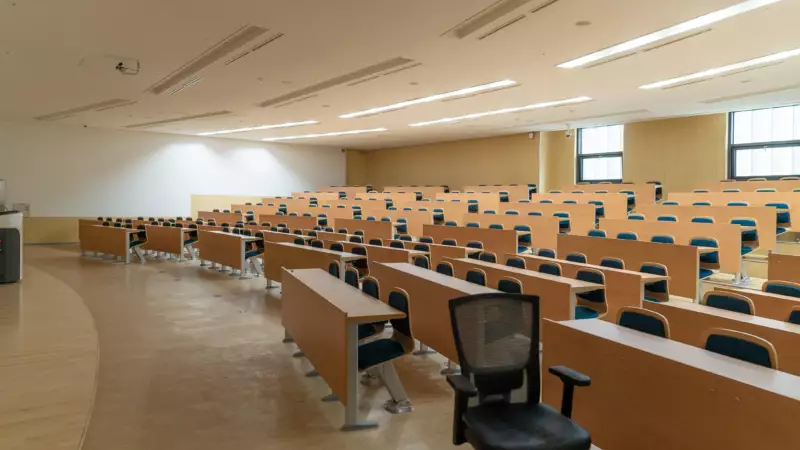
Guide to Designing and Managing School Models
Aug 01, 2020
This resource, produced by Chiefs for Change and the CSSOO, provides local educational agencies with a guide to design and manage school models during the pandemic.
Partners: COVID Collaborative, Council of Chief State School Officers, Chiefs for Change
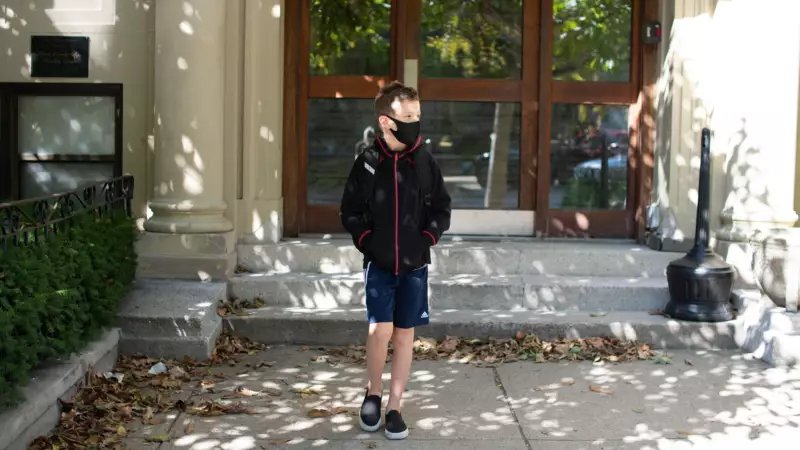
Educator Day in the Life Of Resources
Jul 01, 2020
Chiefs for Change and CCSSO developed this simulation process tool grounded in the typical ‘day in the life' of’ key stakeholders in the K-12 system. This tool can be used at any phase of the reopening planning process.
Partners: COVID Collaborative, Council of Chief State School Officers, Chiefs for Change
Press
Utah launches 1st-of-its-kind program to support children grieving loss of a caregiver
This first-of-its-kind initiative harnesses community partnerships to identify and connect children who are grieving the death of a parent or caregiver with resources to help them effectively cope and continue to live healthy, fulfilling lives.

Hundreds of thousands of Black children who lost a parent could be missing out on Social Security payments
There are approximately 10.1 million Black children nationwide, and Census data reveals an alarming 9.6% of them, or about 975,000, had lost at least one parent as of 2021. That figure has doubled in the past decade, with a sharp increase due to the COVID-19 pandemic. One study found that Black children lost caregivers at twice the rate of White children from April 2020 until the end of 2022.

How to get mental health help in NYC public schools
As the pandemic upended our understanding of education’s role in society, one point became remarkably clear: schools are the first line of defense for student mental health support.

3 Things we get wrong in responding to child grief — and how to do better
t’s easy to rattle off the visible effects the covid-19 pandemic has had on schools, starting with school closures in 2020 and continuing through mask debates, teacher burnout and ongoing behavioral challenges. One of the less visible effects of the pandemic is the number of grieving students now populating American schools.

Historic Rise in Child Bereavement as COVID, Drugs and Guns Claim Parents’ Lives
Parent deaths rose 25% in 2020 and the virus explains only a fraction of the increase, with accidental overdoses and gun homicides driving that number.
Losing a Caregiver to COVID: Helping Kids Grieve
Roughly 200,000 children in the U.S. have lost a caregiver to COVID-19. In South Dakota, mental-health experts say these cases can have added complications as kids grieve, and a range of support is needed for a strong emotional recovery. Nikki Eining is therapist with Avera Behavioral Health and board member for the Center for the Prevention of Child Maltreatment. She said loss of a biological parent falls under the scope of Adverse Childhood Experiences.

These children lost young parents to Covid-19. Here's what they want other kids -- and adults -- to know
A 5-year-old had just finished his first day of kindergarten when he watched his young mother collapse and take her final breaths. A 13-year-old has suffered panic attacks since her dad's death. A 17-year-old must face adulthood without his idol. More than 202,000 US children have lost one or both parents to Covid-19, according to estimates from Imperial College London. And the number of children robbed of their parents keeps growing.

Churches called to help fill the gap as thousands of children orphaned by COVID-19 need aid
The plight of youth orphaned during the COVID-19 pandemic was forgotten in the scramble to understand, treat and prevent the disease from spreading, according to Albert Reyes, president of Buckner International. “COVID was such a new thing in the United States and around the world that the issue of vulnerable children and families became a secondary issue, and there was an assumption that the social welfare was in place to address these problems during the lockdown,” he recalled.
For kids who lost parents to COVID, the financial consequences compound the emotional toll
Driving her kids home from grief counseling recently, Margaret Garza asked her two sons what they talked about in the session. Julius was 12 when his father died of COVID-19 almost two years ago. His little brother, Aidan, was 10. They’re among the estimated more than 200,000 children in the U.S. who have lost a parent or caregiver to the pandemic.

EdNC Toolkit: Best practices for supporting students who have experienced the death of a caregiver
In January, EdNC reported that evidence suggests at least 3,600 children in North Carolina have experienced the death of a caregiver due to COVID-19. Experts now put that estimate closer to 6,000. In February we distributed a survey to principals, school counselors, and EdWeekly newsletter subscribers asking how they and their communities support grieving children. We have since highlighted several examples, and this report includes some of those best practices from throughout the state.

COVID Deaths Left Orphans: To Their Loss, Add Lifelong Health Risks
With a million Americans dead from Covid, families across the US are struggling with unimaginable grief and loss. More than 200,000 American children are now orphans, having lost a parent or primary caregiver to the pandemic. This short film introduces Avion Simon, teen from the Midwest who is struggling to comprehend the loss of his mother to Covid, only two years after his stepfather passed away. He is finishing high school while helping care for & console his two younger siblings, CJ & Momo.

Summer Camp for All
Summer camp is a cherished experience for millions of children, an American tradition with deep roots in the country’s enduring romance with the great outdoors. As much of the United States reels from the pandemic, gun violence and threats to its democracy, the summer camps many have enjoyed for generations may offer something else: healing for America’s young people.

The children who lost a parent to coronavirus
Aidan Garza often talks about his dad in the present tense, as if David Garza were still right across the living room, sitting in his favourite chair, calling the 12-year-old over to watch a Star Wars film. As if he had never collapsed while out running errands on 30 December, 2020, in Converse, Texas. As if he had never died of Covid, one of the now 1 million people in the US to succumb to the pandemic.

1 In Every 200 NYC Children Have Lost A Parent Or Caregiver To COVID. That's Almost Twice The National Rate.
Across the city, around 8,600 children have lost a parent or caregiver to COVID — a population that would entirely fill 15 average-sized New York City public schools. This staggering yet largely hidden toll of the pandemic affects more than 1 in every 200 children in New York City, nearly double the rate across the country.

Students Need More Support From Schools When a Caregiver Dies
More than 211,000 children and teenagers have lost their primary caregivers due to COVID-19, and experts argue that schools need long-term supports to keep those students on track academically and emotionally. The New York Life Foundation, which tracks child bereavement through a partnership with Judi’s House/JAG Institute, found that after the first year of the pandemic, the number of children who lost a parent or sibling before age 18 jumped from 1 in 14 to 1 in 13.

As Families Grieve, Grandparents Step Up
This is not what Ida Adams thought life would be like at 62. She didn’t expect to be hustling a seventh-grader off to school each weekday. But in January 2021, Ms. Adams’s daughter, Kimya Lomax, died of Covid-19 at 43 after three weeks alone in a hospital with no visitors permitted. She left behind a young daughter.

Report: 1,600 children in New Mexico lost caregiver to COVID-19 | Local news REPORT: 1,600 CHILDREN IN NEW MEXICO LOST CAREGIVER TO COVID-19 | LOCAL NEWS
About two years into the coronavirus pandemic, childcare experts are struggling with the long-term effects that the virus will have on an entire generation of children.

Report: 1,600 New Mexico children lost caregiver to COVID-19
Roughly two years into the COVID-19 pandemic childcare experts are grappling with the long-term effects the virus will have on a whole generation of children.

New Mexico ranks as one of the states with the highest rates for parental deaths caused by the disease, with 341 children per 100,000 who have lost a caregiver due to COVID-19, according to a study
Roughly two years into the COVID-19 pandemic childcare experts are grappling with the long-term effects the virus will have on a whole generation of children.

Study: New Mexico has among highest rates for parental deaths due to COVID-19
New Mexico ranks as one of the states with the highest rates for parental deaths caused by the disease, with 341 children per 100,000 who have lost a caregiver due to COVID-19, according to a study

This Week in COVID & Education Policy: ‘Missed Learning’ Report Show Delayed Progress Across All Grades in NC, Helping Kids Who Lost Caregivers & More Key Updates
Hidden Pain: COVID Collaborative has launched a platform to honor the stories of children who have lost a caregiver to COVID-19 and provide resources to help them and their families as they rebuild and look to the future. 203,649 children under 18 — more than 1 in 360 — lost a parent or other in-home caregiver to COVID-19. “We’re bringing together community organizations, grief groups, government resources and more to surround these families with a comprehensive network of support.”

Children who have lost caregivers to Covid may be flying under the radar, experts say
The “what ifs” creep into Shelia Twyman’s mind when her grandchildren wake at night, crying. The kids lost their mother, Shanna Twyman, to Covid-19 in September. Their father died of liver failure 2 ½ years ago. As Twyman soothes her grandkids back to sleep, she wonders: What else might they have lost if their McAlester, Oklahoma, community hadn’t stepped in to help?

Watson Coleman, Stevens Introduce Resolution Calling on Federal Government to Support Children of Victims of COVID-19
Today, Congresswomen Bonnie Watson Coleman (NJ-12) and Haley Stevens (MI-11) introduced a resolution recognizing the impact of the COVID-19 epidemic on children who have lost caregivers and calling on the Federal Government to identify services and resources that can be used to assist them.

Children who have lost caregivers to Covid may be flying under the radar, experts say
The “what ifs” creep into Shelia Twyman’s mind when her grandchildren wake at night, crying. The kids lost their mother, Shanna Twyman, to Covid-19 in September. Their father died of liver failure 2 ½ years ago. As Twyman soothes her grandkids back to sleep, she wonders: What else might they have lost if their McAlester, Oklahoma, community hadn’t stepped in to help?

COVID Collaborative & Partners Lead Effort to Support COVID-Bereaved Children
Today, the COVID Collaborative launched the Hidden Pain National Online Clearinghouse to help the more than 200,000 children who have lost a parent or other in-home caregiver to COVID-19, based on data as of late February 2022. This is 1 in every 360 children in the country.

More than 200,000 kids have lost a parent or caregiver to Covid. Efforts to help them have been haphazard.
“If a child has lost a parent, someone needs to show up at that doorstep right away — and I mean right away,” one professor of pediatrics said.

COVID Collaborative & Partners Lead Effort to Support COVID-Bereaved Children
New National Online Clearinghouse offers support to more than 200,000 children who have lost a parent or caregiver to COVID-19 White House Showing Strong Leadership to Support COVID-Bereaved Children

More than 200,000 US children lost a parent or caregiver to COVID. Efforts to help them have been haphazard
“If a child has lost a parent, someone needs to show up at that doorstep right away — and I mean right away,” one professor of pediatrics said.

Biden Admin Announces Support for Children Who Lost Caregivers to COVID-19 Following Letter Lead by Reps. Watson Coleman and Pressley
PRESS RELEASE: Biden Admin Announces Support for Children Who Lost Caregivers to COVID-19 Following Letter Lead by Reps. Watson Coleman and Pressley

Helping children grieve the loss of a caregiver due to COVID-19
The COVID-19 pandemic has been full of difficult situations for children, from education disruptions to lack of socialization at important developmental stages. It's also left many children without parents or caregivers. What can clinicians do to help these children?

A growing number of Colorado children have lost a caregiver due to COVID
The more than an estimated 1,700 kids in the state who have lost a caregiver could experience lifelong impact

Millions of children worldwide have lost a parent or caregiver to COVID-19: "The hidden pandemic"
Two years into the pandemic, an estimated 6.7 million children have lost at least one of their parents or caregivers because of COVID-19, according to updated research, marking a grim milestone in what officials have dubbed "the hidden pandemic." That toll includes more than 180,000 children in the United States.

Healing Patch supports families impacted by COVID-19 deaths
During the last two years, there have been many statistics about how our world, nation, state and communities have been impacted by COVID-19. A startling number to consider is the more than 167,000 children – roughly one in 450 of all children in the United States – who have lost at least one of their caregivers to COVID-19, according to COVID Collaborative. The Healing Patch Children’s Grief Program has experienced an increasing number of calls from caregivers reaching out for support.

Santa Clara Co. proposal aims to provide mental health care to children who've lost parents to COVID
More than 912,000 Americans have died from COVID. Dealing with grief is difficult for surviving family members, especially for children who lose a parent or close relative who cared for them. Efforts are underway both nationally and here in the Bay Area to provide those children with much-needed mental health care.

California considering bill to create trust funds for COVID-19 orphans
More than 20,000 kids in the state have reportedly lost a parent or caregiver.

A father’s death, a son’s despair: How COVID upended a family
The Reyes family from California opens up about their experiences with grief and loss during the COVID-19 pandemic. About 167,000 children under 18 have lost a parent or other in-home caregiver to COVID-19, according to a December report by researchers from the COVID Collaborative and Social Policy Analytics. Black and Latino children experienced more than twice the rate of loss of white children.

3,000+ NC children lost a caregiver to COVID, report says
More than 3,000 children in North Carolina have lost a caregiver over the course of the pandemic, according to a report from the COVID Collaborative.

Half the nation's caregivers who died by COVID-19 were in 5 states. Georgia is one of them
A new report estimates more than 167,000 children nationwide lost a primary caregiver to COVID-19. Georgia is one of five states making up half that number. GPB’s Ellen Eldridge reports.

When Children Suffer COVID-19 Losses, Grandparents Fill the Gap
More than 167,000 U.S. children have lost a parent or caregiver in the pandemic.

More than 3,600 N.C. children are coping with the death of a caregiver due to the pandemic
At least 3,626 children across North Carolina — mostly students of color — are currently coping with the death of a caregiver due to COVID-19. Schools will bear responsibility for supporting children who’ve experienced this loss as they learn and grow over the next two decades.

More Than 3,600 N.C. Children Are Coping With the Death of a Caregiver During the Pandemic
Children who have lost caregivers are more likely to experience mental health problems and lower self-esteem. They’re also at higher risk of suicide, violence, sexual abuse, and exploitation.

A call to action to help America's children who lost caregivers
America’s COVID-19 crisis has not ended, but we have begun to count the staggering size of the nation’s loss. Some of the cruelest pain has come to a group with the least capacity to understand and cope with it — children who have lost a parent or other in-home caregiver to the virus. The impact on these children, their families, and their communities will be that much more profound if Americans do not rally to support them.

Children coping with loss of caregivers are Covid-19 pandemic's 'forgotten grievers'
Ms Courtney Grund, whose husband died of Covid-19 in August, got an alarming text message last week: Her 16-year-old son was “talking about self-harm”, according to the message, sent by his friend. She quickly signed him up for grief counselling, she said in a tearful interview, using her maiden name to protect his privacy.

Kids, Coping With Loss, Are Pandemic’s ‘Forgotten Grievers’
Many experts and concerned parents and citizens have come together to express concern for the 167,000 children who have lost parents or caregivers to COVID-19, including a spokesperson for the Division of Well-being and Human Providers, Kirsten Allen.

Children, Coping With Loss, Are Pandemic’s ‘Forgotten Grievers’
A bipartisan group led by two former governors is urging President Biden to help an estimated 167,000 children who have lost parents or caregivers.

A powerful ally steps up to support students who’ve lost parents to COVID
COVID Collaborative wants to expand school-based mental health care and provide financial support.

Children, faced with loss, are the “forgotten grievers” of the pandemic
A bipartisan group led by two former governors is urging President Biden to help an estimated 167,000 children who have lost their parents or guardians.

Children, Coping With Loss, Are Pandemic’s ‘Forgotten Grievers’
The COVID Collaborative recently released the Hidden Pain report which revealed the struggles of the 167,000 children 18 and below who have lost a parent or caregiver. Many people have shared their experiences and emphasized the need to support these children.

Children, coping with loss, are pandemic’s ‘forgotten grievers’
A bipartisan group led by two former governors is urging President Biden to help an estimated 167,000 children who have lost parents or caregivers.

Biden is urged to help an estimated 167,000 U.S. children who have lost parents or caregivers.
The COVID Collaborative is asking President Biden to initiate a national campaign to identify these children and, with help from the private sector, take steps to improve their emotional and economic well-being. Its recommendations include offering them mental health care and creating a “Covid Bereaved Children’s Fund,” similar to a fund established after the Sept. 11 attacks, to provide up to $10,000 to families in need.

Coronavirus Briefing: Boosting older teens
The Covid Collaborative is asking President Biden to initiate a national campaign to identify these children and take steps to improve their emotional and economic well-being. In a report released today, the group recommended offering them mental health care and creating a “Covid-19 Bereaved Children’s Fund,” similar to a fund established after the Sept. 11 attacks, to provide up to $10,000 to families in need.

Children, Coping With Loss, Are Pandemic’s ‘Forgotten Grievers’
A bipartisan group led by two former governors is urging President Biden to help an estimated 167,000 children who have lost parents or caregivers.

Power 5 commissioners join COVID Collaborative to encourage vaccination
Commissioners of the Power 5 conferences joined the COVID Collaborative in encouraging students and student-athletes to get vaccinated, they announced in a statement released Thursday.

Groups Tackle Vaccinations to Create #COVIDSafeZones at College Game Days
Public health officials, national leaders and higher education organizations provide recommendations for encouraging vaccine uptake with college sports. Sporting events can be #COVIDSafeZones as teams and universities work to maximize vaccinations among students, athletes and fans.

A National Call For College COVID Safe Zones: How Higher Education Leaders Can Accelerate America’s Vaccination Push — and Keep Their Campuses Open
As students return to colleges and universities this fall, the highly communicable Delta variant of COVID-19 creates unexpected challenges to keep campuses safe and open.

Bipartisan Group of Leaders and Health Experts Urge Institutions of Higher Education to Establish #COVIDSafeZones
In a new letter provided by the COVID Collaborative to America's institutions of higher education, a bipartisan group of leaders, public health experts, higher education experts, and former officials from multiple administrations are seeking the help of college and university leaders to require vaccinations where possible and take steps to keep their campus communities safe and prevent the spread of COVID-19.

Resources to Help Schools Promote COVID-19 Vaccination
To support vaccination efforts, PHCC and the COVID Collaborative have created social media messages and shareable graphics for school administrators, educators, and staff with resources created or curated by the CDC.

White House makes new push to get students vaccinated against COVID-19
The White House, worried that coronavirus vaccination rates among young people are lagging behind as the new school year approaches, unveiled Thursday a new push to get students their shots, including enlisting pediatricians to incorporate vaccination into back-to-school sports physicals and encouraging schools to host their own vaccination clinics.

The White House, concerned about rates among young people, makes a new push for students to get shots.
In remarks to the nation last week, Mr. Biden called for every school district in the country to host at least one pop-up vaccination clinic, and many schools and school districts — particularly those in urban areas — are already doing so. The Covid Collaborative, a bipartisan group of politicians and policymakers, has also been working with the White House to promote school-based clinics.

White House Makes Back-to-School Push for Student Vaccinations
With vaccination rates lagging among young people, the administration wants to incorporate vaccination into school sports physicals and is asking schools to host vaccine clinics.

More than Two Dozen Leading Business Groups and Public Health Organizations Call on Employers to Reduce Barriers for Working Parents Who Want to Vaccinate their Children Against COVID-19
Health Action Alliance leads a coordinated campaign to help stop the spread of COVID-19, support the safer reopening of schools and reduce worker absenteeism

The Week in COVID & Schools: UNICEF Calls For Reopening Schools, a New Roadmap to Kickstart the Education Recovery & 14 More Key Updates
This week’s briefing on COVID-19 and schools presents the evidence for reopening safely and details how COVID is fueling education reform.

Will schools and day cares require masks or COVID-19 vaccines in fall 2021?
As most American schools and daycares prepare to reopen this fall, unhurried national guidance promises a wide variety of protocols across locations. What policies are different states and districts establishing, and how will schools handle vaccinations for their staff and students?

A Push to Vaccinate Adolescents, How States Are Grappling With Substitute Teacher Shortages & 19 Other Key Updates
The Week in COVID & Education Policy.

Remote Learning Is Not Going Away Soon. This Is How to Make It Better.
With this latest—and largest—surge of coronavirus infections in the United States, K-12 schools that hadn’t yet reopened for in-person learning now see few paths to do so in the near term, and many of the schools that were offering some face-to-face instruction are now pulling back into full-time remote learning.
